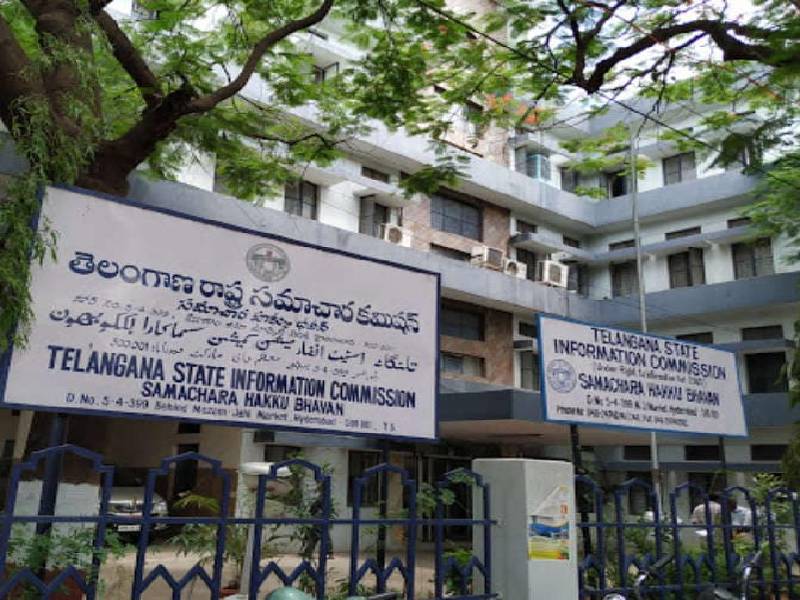Transparency myth: Government misusing RTI sections to quash people's right to information
By Sumit Jha
Hyderabad: Over 15 years ago, India passed the Right to Information (RTI) Act that sought to provide to its citizens accountability and transparency in the working of various government agencies. However, the Act seems to have failed its purpose and is slowly dying as citizens are being denied their right to seek information.
According to RTI activist S.Q Masood, the public authorities are using three sections to reject applications or delay information from reaching the public. One of these is Section 4 (2) according to which government information should be in the public domain and must be updated at regular intervals. The section reads, “It shall be a constant endeavour of every public authority to take steps in accordance with the requirements of clause (b) of sub-section (1) to provide as much information suo motu to the public at regular intervals through various means of communications, including internet so that the public have minimum resort to the use of this Act to obtain information.”
Masood told NewsMeter that since the past six years the government has failed to upload GOs claiming unnecessary interference from the public in government functioning. “Forget the government websites, the information commission’s website has not been updated since the first quarter of this year. They are hiding information while the RTI Act states that they should provide all kinds of information on the website and in the public domain,” the RTI activist said.
Section 6 (3) of the Act states that public authorities can transfer the application to other departments. “Where an application is made to a public authority requesting for an information,— (i) which is held by another public authority; or (ii) the subject matter of which is more closely connected with the functions of another public authority, the public authority, to which such application is made, shall transfer the application or such part of it as may be appropriate to that other public authority and inform the applicant immediately about such transfer,” it states.
Masood explained, “For example, if you are seeking information from the commissioner of the GHMC or the commissioner of police about information they should have or should have gathered, they forward the application under Section 6(3) so that they will not be held accountable. The GHMC commissioner will forward the application to the zonal commissioner who in turn will forward it to the assistant commissioner and it goes on. The information comes in bit and pieces.”
Meanwhile, Section 8 of the RTI lists out exemptions from disclosing information. “Information, disclosure of which would prejudicially affect the sovereignty and integrity of India, the security, strategic, scientific or economic interests of the State, relation with foreign State or lead to incitement of an offence; information which would impede the process of investigation or apprehension or prosecution of offenders; etc.,” reads the section
Masood elaborated, “For example, when I asked the police department about CCTV cameras installed in the city they said they could not provide the information because it may threaten people's life and liberty. It was a very vague answer. I just wanted information about the rules for installing CCTVs but they rejected my request under Section 7.”
Section 8 makes it very difficult for common people to seek information. “When RTIs are rejected on the grounds of these sections, people will have to go to the appellant authority. There they have to defend their application which is difficult as there are around 13 subsections under Section 8. Gathering information, hence, becomes impossible,” Masood said.
According to the RTI Assessment and Advocacy Group (Raag) and Samya Centre for Equity Studies (CES), more than 2.2 lakh cases are pending at the Central and state information commissions, the final courts of appeal under the transparency law. Also, between 40 and 60 lakh RTI applications are filed every year but less than three per cent Indians have ever filed an RTI plea.
Masood said that earlier it was easier to collect information through RTI but now it has become difficult due to section 8. “Earlier, they used to fear the state information commission but now the commission has become deaf and pleas are rejected easily,” he added.
The RTI activist also alleged that the government machinery has changed its way of working and it no longer respects the Act. “I filed an RTI at the GHMC one-and-a-half-years ago but they didn’t reply. After that, I appealed to the state commission and it’s now pending there. The GHMC public information officer will not be held accountable until the commission works on time,” said Masood.